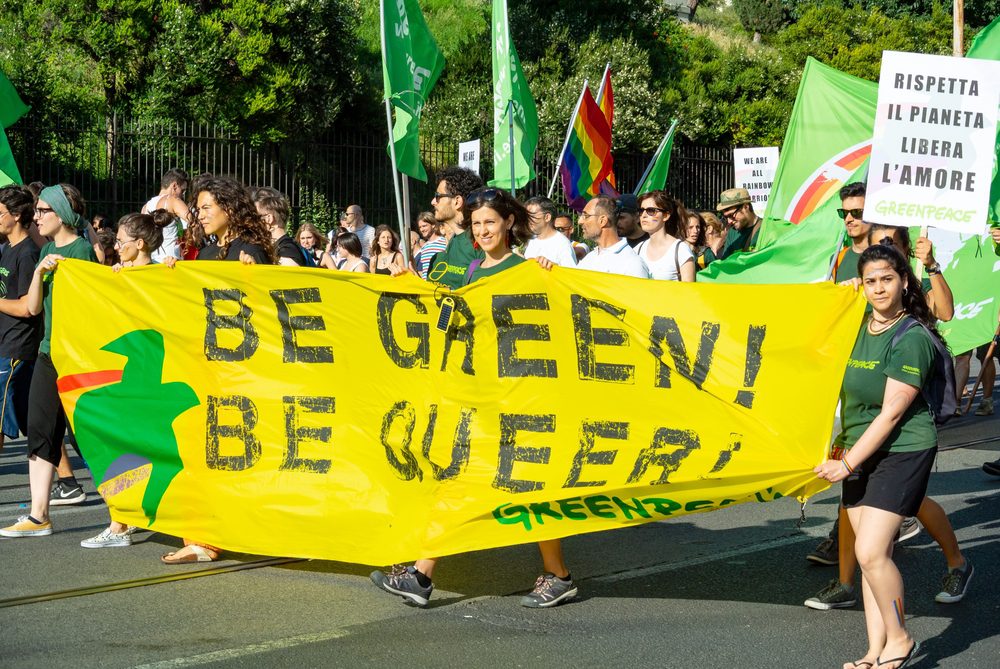A report from the Williams Institute, released for Earth Day, shows that LGBTQ+ individuals are more susceptible to the impacts of climate change.
Researchers analyzed U.S. Census information to identify the locations of same-gender couples and assess their exposure to heightened risk of extreme weather events linked to climate change.
The report Research indicates that same-gender couples, specifically gay and bi couples, are more likely to reside in coastal areas, cities, and counties with an increased risk of adverse climate change effects, based on NASA’s composite risk score.
These couples also tend to live in areas with inadequate infrastructure and limited access to resources, making them less able to handle and adjust to natural hazards and other climate disturbances.
For instance, the area with the highest proportion of gay and bi couples, such as D.C., is among the locations facing increased risks of heat waves, flooding, and strong winds.
Due to the unequal impact of climate change on LGBTQ populations, policies related to climate change should address the specific needs and vulnerabilities of LGBTQ people, including disaster preparedness, response, and recovery plans. Ari Shaw, co-author of the study, stated that climate change policies must acknowledge the specific challenges faced by LGBTQ individuals. Washington Blade.
Shaw also emphasized the need for policies that address discriminatory housing and urban development practices, create safe shelter spaces for LGBTQ individuals, and ensure that relief assistance reaches displaced LGBTQ individuals and families.









